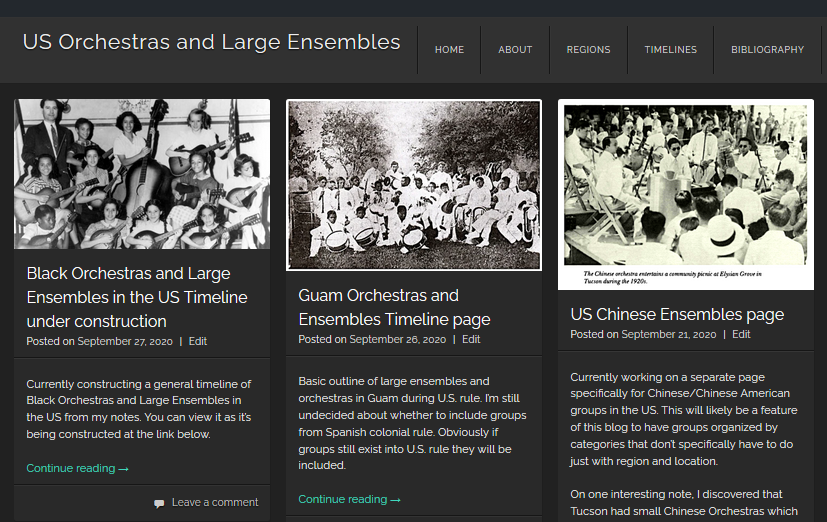
Current Diversity initiatives is just a replay of Melting Pot racism ideology. It was an idea that was stewing (pun intended) for some time but really came into general usage in the US after the Israel Zangwill's play by the same name in 1908.
1/
1/

The idea has always been at the back of my mind while writing the Diversity, Inclusive Programming, and Music Education' Series which is one of the reasons I focused on the Third Wave (1880-1920) of immigration as a backdrop for it.
silpayamanant.wordpress.com/diversity-incl…
2/
silpayamanant.wordpress.com/diversity-incl…
2/
Many of us in the States know the Melting Pot metaphor--that all races & cultures will "melt" and blend into one new and utopic "American" culture. But really, it's a monocultural metaphor for assimilating the new 20 million immigrants coming into the US during that 3rd wave.
3/
3/
In music education the Melting Pot approach was already being practiced on Native Americans at the Indian Boarding schools. Here's a cast photo one year after Zangwill's play at the Carlisle Indian Boarding School after performing the opera, "The Captain of Plymouth."
4/
4/

The opera, written by two white men, was essentially used as a way to reaffirm a White American version of an historical event–while having Native American students playing the roles of both the colonizers and the colonized.
silpayamanant.wordpress.com/2020/06/15/div…
5/
silpayamanant.wordpress.com/2020/06/15/div…
5/
And what couldn't be assimilated? Well, that gets into the Perpetually Foreign Music trope. Musical/Cultural segregation. Some of it by design, some by choice. The Immigrant Settlements during that period helped achieve it for the newer Americans.
silpayamanant.wordpress.com/2020/06/22/div…
6/
silpayamanant.wordpress.com/2020/06/22/div…
6/
For women and Blacks, who were already somewhat "integrated" into US culture (only because they weren't forced on Reservations and Immigrant Settlements), they had to form their own musical groups and orchestras which existed side-by-side with the white men's orchestras.
7/
7/
The Melting Pot ideology at the time didn't reflect the reality, and given the musical activities as they were emerging in performance, education, and on the commercial side we see whose music mattered. The White Male European music and ensembles types that play it.
8/
8/
The Melting Pot was a Utopian vision of a blended US culture which hid behind the neutrality and universality of white men's culture. Bringing diversity into Classical Music is just a replay of the logic that happened a century ago.
9/
9/
Only today, we have many more people invested in it. Not just in the composers and music, but also in the ensemble types, instrumentation, musical styles/genres (and yes this extends to Western Pop Music), and compositional traditions.
10/
10/
We're much more invested in turning an Eurological Orchestra into a diverse mosaic than we are in investing in diverse in kinds of Orchestras. We're much more invested in teaching colonial Pop in academia than investing in the diversity of different kinds of Pop musics.
11/
11/
Diversity, Equity, and Inclusion just becomes the 21st century version of the Melting Pot where all the color is merged into a primarily white & colonialistic expression while the rest are in boxes as Perpetually Foreign, or not at all representative of the "Truly American!"
/end
/end
This does a good job of unpack the problematic Melting Pot idea.
everydayfeminism.com/2016/08/meltin…
everydayfeminism.com/2016/08/meltin…
• • •
Missing some Tweet in this thread? You can try to
force a refresh




